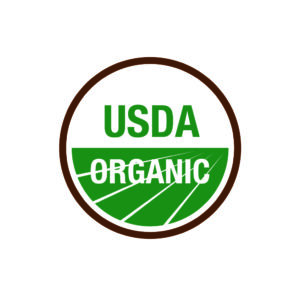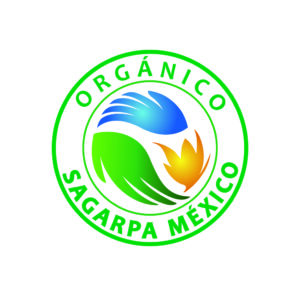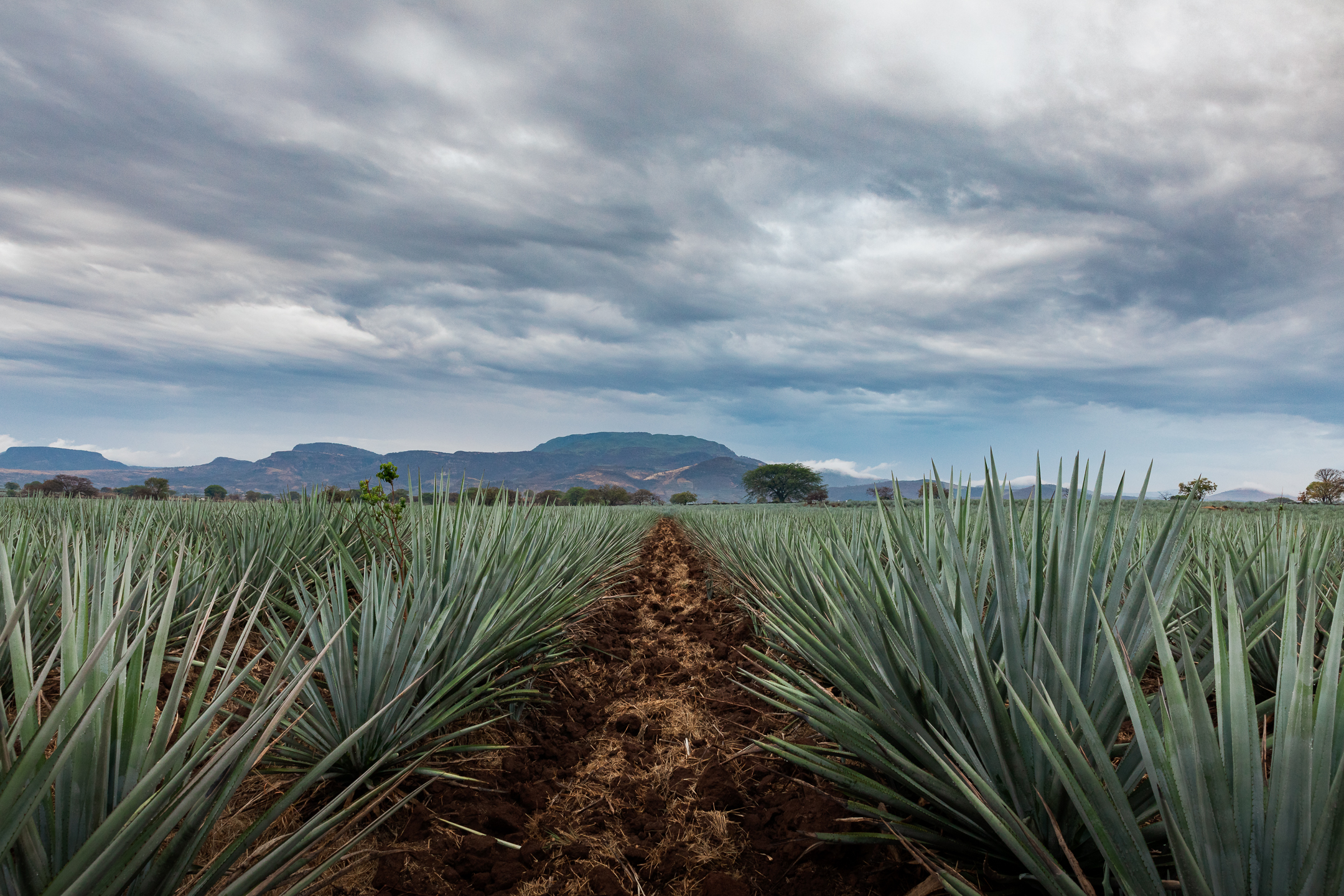Organic certifications are standards and regulations that ensure that a product or process meets specific organic production criteria. These standards usually include restrictions on using pesticides and synthetic fertilizers, sustainable soil management practices, and animal product welfare requirements.
At Nobazul, we have different organic certifications throughout the European Union and in different countries, such as the United States, Canada, Mexico, Korea, Japan, United Kingdom, among others.
Some of our organic certifications:
USDA ORGANIC:
This certification is issued by the United States Department of Agriculture (USDA).
The main aspects endorsed by this certification are:
- Produced without pesticides and synthetic fertilizers.
- No genetically modified organisms are used.
- Sustainable soil management.
- Animal welfare.
- Use of organic ingredients.
- Clear labeling.
ECOLOGICAL EUROPE:

ORGANIC MEXICO:
This certification system is responsible for verifying and certifying that agricultural products and
Organic certification in Mexico is important to support the production and marketing of organic products in the country and abroad. Consumers rely on this certification to guarantee that products have been produced according to ecological and sustainable standards.
Benefits of Organic Blue Agave Cultivation for the Environment
Soil Biodiversity Preservation: Organic farming encourages practices such as crop rotation and incorporating natural fertilizer into the soil. These actions help maintain soil health by diversifying the types of plants and microorganisms in the ground, improving nutrient retention and resistance to pests and diseases.
Soil Erosion Minimization: Soil erosion can harm agriculture and surrounding ecosystems. Organic farming avoids intensive tillage and promotes soil conservation practices, such as no-till, that reduce erosion and keep soil structure intact.
Impact on Water Quality: Organic practices reduce pesticide and fertilizer runoff into nearby water bodies. This helps maintain water quality and prevent chemical contamination that can negatively affect aquatic life and human health.
Carbon sequestration: Organic methods, such as the use of compost and mulching, increase organic matter in the soil. This can result in a greater capacity for carbon sequestration by the earth, helping mitigate climate change by reducing the concentration of CO2 in the atmosphere.
Organic certifications are not just labels; they represent a deep commitment to sustainability and ecosystem health. These certifications guarantee that the production process of our Agave Syrup respects the environment and adheres to practices that benefit both the Earth and future generations.
Please get to know all our organic certifications: https://nobazul.com/our-commitment/



